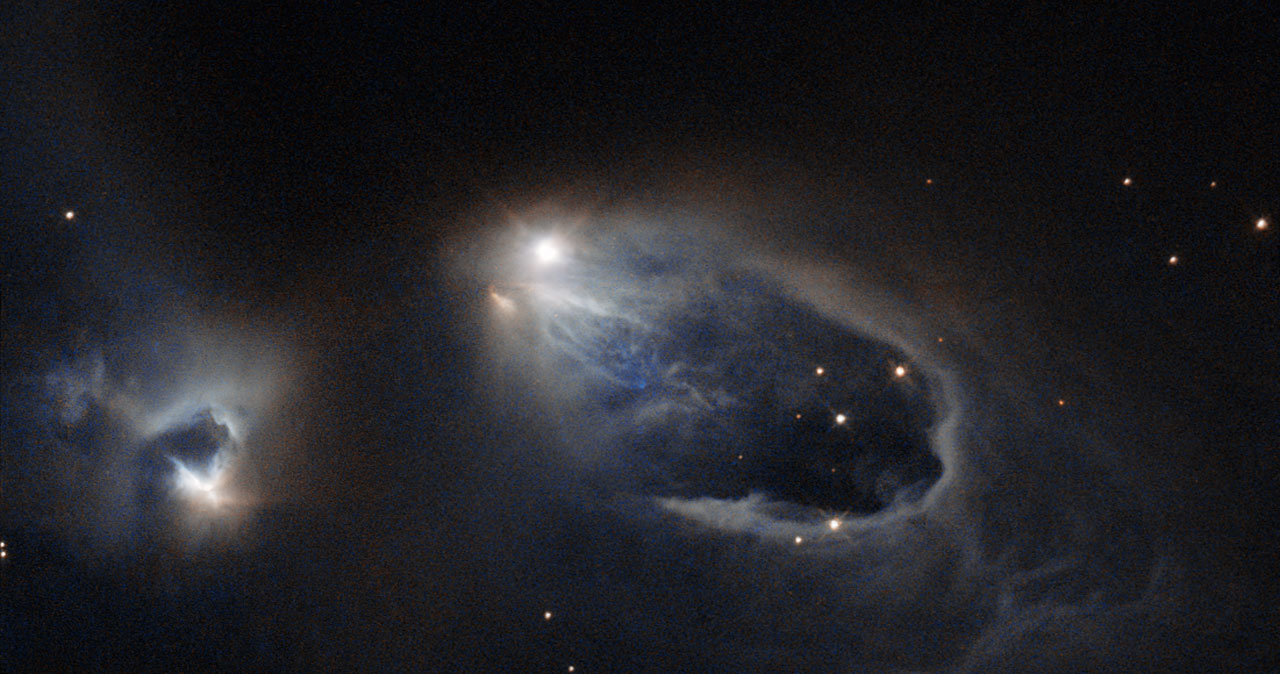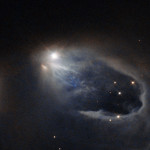
04 Apr CFP – Timescales: A conference of The Penn Program in Environmental Humanities
University of Pennsylvania, USA
October 20-22, 2016
Conference website
The Penn Program in Environmental Humanities is pleased to announce Timescales, an interdisciplinary environmental humanities conference to be held on October 20-22, 2016 at the University of Pennsylvania. Timescales explores the question of temporality in ecological crisis.
The global threat of anthropogenic environmental change demands collaborative solutions across distant disciplines. In recent decades, concepts like “Anthropocene” and “slow violence” have emerged in response to the temporal aspects of global ecological concerns. While we are quick to react to local or individual catastrophes, it is more difficult to respond meaningfully to global changes that occur at a slower pace. Moreover, response times for localized environmental issues vary based on the community threatened, reflecting global inequities. We struggle against the timescale of anthropogenic environmental change and its impact on future generations despite our awareness of its real physical, cultural, political, economic and psychological effects. Different academic disciplines provide us with distinct tools with which to respond to these crises. For example, atmospheric sciences help us understand the present day, while geology and paleoclimatology put it into perspective. Civil engineering helps us adapt, art opens up creative forms of response, and experimental psychology and historical analysis interrogate these reactions. Inspired by these diverse approaches to temporality, this conference will be a space for thinking about human reaction time to ecological catastrophe.
Reinvigorating traditional conference structures, Timescales will combine distant trans-disciplinary conversations in a panel format with site-based events and engagements with art and activism. Planned eco-tours will frame Philadelphia’s post-industrial landscape as actant rather than backdrop; installations and film screenings at our partner Slought Foundation will foreground sites of environmental violence, and spur dialogue on the ethics of ecological reaction. Overall,Timescales is designed to appeal to a broad audience in the academy, Philadelphia’s vibrant art and activist communities, and the general public. The keynote address will be delivered by Jussi Parikka (Professor of Technological Culture and Aesthetics at Winchester School of Art, University of Southampton).
Confirmed participants include:
- Dagomar Degroot (Assistant Professor of Environmental History, Georgetown University)
- Wai Chee Dimock (William Lampson Professor of English and American Studies, Yale University)
- David Evans (Professor of Geology & Geophysics, Yale University)
- Ömür Harmanşah (Associate Professor of Art and Art History, University of Illinois at Chicago)
- Dale Jamieson (Professor of Environmental Studies and Philosophy, New York University).
We invite papers from all disciplines that engage the temporalities of environment, ecological crisis, and response. We encourage submissions that address topics related to the Anthropocene, environmental change, deep time, adaptation, futurity, and interdisciplinarity (see the below list of possible topics).
Please submit a 250-500 word abstract to timescales2016@gmail.com by May 2, 2016.
ANTHROPOCENE
- What the Anthropocene means for different disciplines: when it began, how to situate it, what came before it or will follow it, its representations
- Understanding climate change on a geologic time scale; comparing the Anthropocene with previous geologic epochs
- The difficulty of conceptualizing the unity of human history and geologic time
- Challenges to the “Anthropocene”: alternative forms of periodization; critical race or postcolonial contestations of the Anthropocene as potentially eliding human diversity
ENVIRONMENTAL CHANGE
- Representing environmental change in sciences, humanities, or arts: qualitative or quantitative forms of analysis; narrative and visual practices of documenting change.
- The science and analysis of climate change.
- Theorizing timescales of environmental change from global south or marginalized perspectives
- Ethics and politics of documenting and representing timescales of climate change, environmental injustice, and cultures of response
DEEP TIME
- Translating from geology and other earth sciences: how might the arts or humanities engage with geological concepts or the notion of “deep time”
- Nonhuman vs. human time; challenges to notion that the nonhuman is ahistorical or immutable
- Slow violence; environmental injustice across long time scales
ADAPTATION
- Benefits and disadvantages of reorienting environmental policy towards adapting to climate change rather than mitigating or avoiding it
- Adaptations of nonhuman life and nonlife to globalization or environmental change
- Agriculture and environment: seasonality of food production, agricultural adaptation to new climates, sudden vs slow change in soil fertility and food production
FUTURITY
- What are the temporal implications of “sustainability”? What are alternative models for imagining environmental futurity? Do other frameworks, such as “resilience,” offer more compelling trans-disciplinary narratives of environmental change?
- How have artists, activists, and scientists grappled with environmental anxiety?
- Should environmental thinking be future-oriented?
- Topics on extinction and preservation (nonhuman life, humans, islands and cities, etc) in the face of environmental change.
INTERDISCIPLINARITY
- Distant disciplinary or interdisciplinary analysis of ecological crisis or renovation
- Teaching science in the humanities; making the sciences legible to nonscientists
- Public environmental humanities, applied and community-based practice.
- Digital or community-based tools, documentation strategies, methods and archives, and products for an EH practice centered on engagement and social change
Image: NASA Goddard Space Flight Center




No Comments